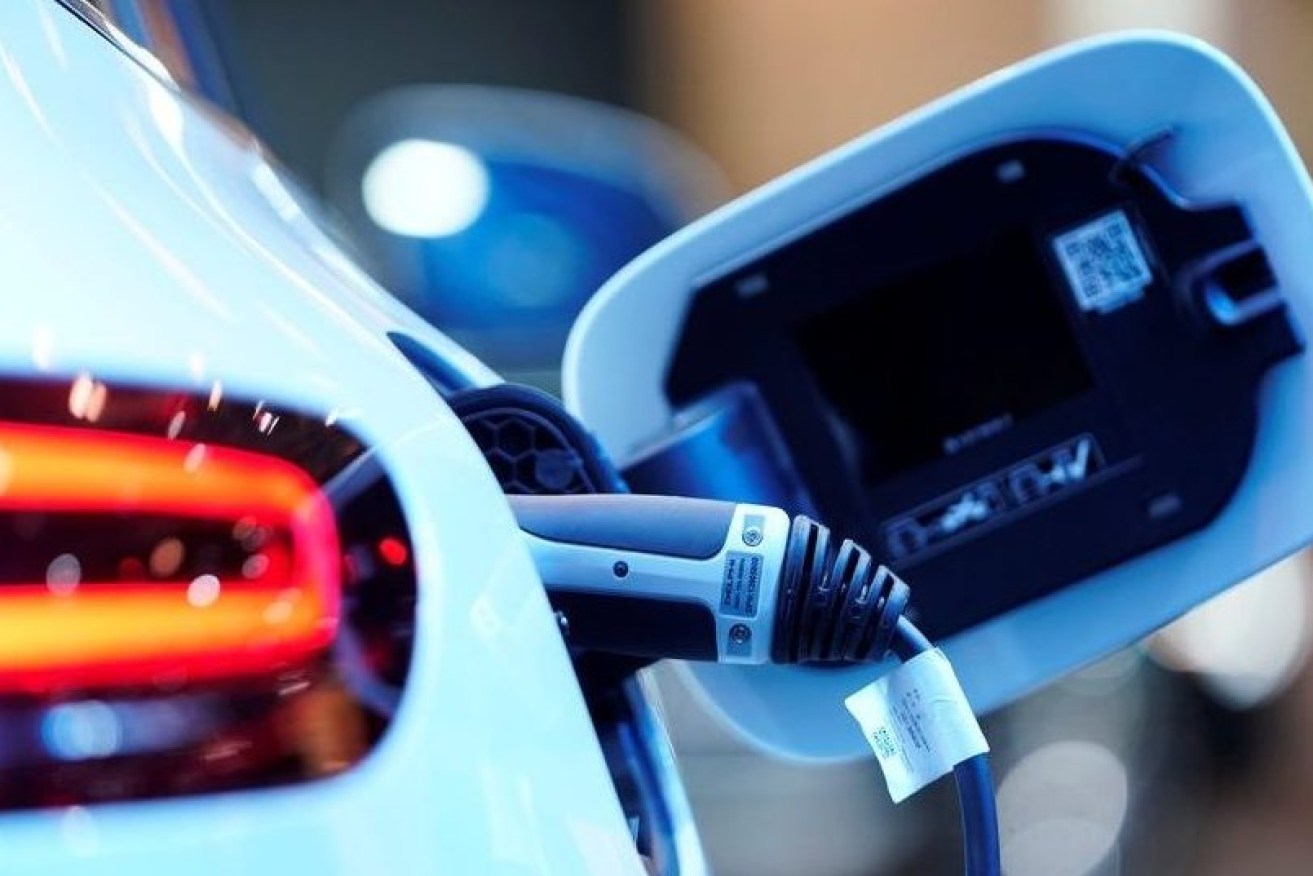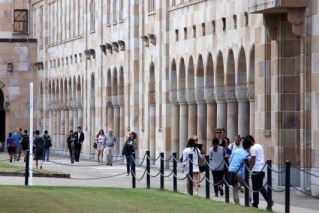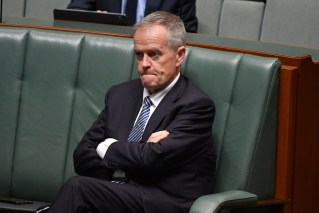Is a tax on electric vehicles part of government’s ‘green’ budget strategy?
The State Government is facing pressure to adopt stronger renewable energy policies in pursuit of its goal of having 50 per cent renewable energy by 2030.


(Reuters pic).
The government has a huge debt pile to deal with in next week’s Budget and there will be growing pressure for the state to also follow the path of Victoria, South Australia and NSW and their push for an electric vehicle tax.
During the election campaign it also promised three renewable energy zones at a cost of $145 million, an amount that would also include subsidies for the sector.
The Palaszczuk Government is also facing pressure from the other states on the development of a hydrogen industry, but has showed its intent with the appointment of Mick De Brenni as Minister for Energy, Renewables and Hydrogen.
It is also regarded as well behind in reaching its 50 per cent renewables goal. It’s current level is about 20 per cent.
Renewables advocacy group Solar Citizens said New South Wales and Victoria were putting clean energy at the centre of their covid-19 recovery and it was time for Queensland to do the same.
“The race to attract clean energy investment is on and the competition between the states is fierce,’’ Solar Citizens national director Ellen Robert said.
“While NSW Parliament debated Energy Minister Matt Kean’s massive clean energy package, Victoria tipped over half a billion into six new Renewable Energy Zones and another $100 million for the transmission line between Melbourne and the Snowy Mountains.
“Energy Minister Mick de Brenni will be feeling the pressure to attract funding for his high profile portfolio in next week’s Queensland Budget.
“While the Queensland Government made some big ticket announcements pre-election – they pale next to the plans of the NSW and Victorian governments for driving the energy transition. ‘’
The prospect of a tax on electric vehicles has drawn criticism for imposing more costs on the transition to clean fuels, but RMIT’s professor Jago Dodson wrote in The Conversation that the plan to tax EVs through a distance-based road user charge was an important step forward.
He said it was hard to see how a relatively small EV tax of a few hundred dollars would impact the sales of vehicles which were about $10,000 more expensive than conventional cars.
He said as renewable energy becomes cheaper, the marginal cost of every kilometre driven is likely to decline. As driving becomes cheaper, more of it is likely to occur.
“More driving means more congestion. Inevitably, that increases the demand for increasingly expensive road projects, such as Sydney’s WestConnex, or Melbourne’s Westgate Tunnel and North East Link.
“If we don’t have a pricing regime that accounts for the cost of car use in cities, the transition to electric vehicles is likely to work against the wider goals of urban and transport policy.
The RACQ has urged the Queensland Government to steer clear of introducing a state-based tax for electric vehicles (EVs) in next week’s Budget, and instead work with the Commonwealth to overhaul road user charging.
RACQ Head of Public Policy Rebecca Michael said electric vehicles drivers did not pay to use Queensland roads under the current model which relied on the fuel excise tax to pay for roads and infrastructure.
“While EV’s must be included in road user charging reform, we don’t want to discourage the uptake of clean motoring by slapping together state taxes, in favour of broader macroeconomic reform at a Federal level,” Dr Michael said.
“We urge Queensland leaders not to levy an additional motoring charge on EV users which will result in a duel system – EV charging and fuel excise. This will be costly, and inherently difficult to implement.”
Dr Michael said road user charging reform fell squarely on the Federal Government’s shoulders.
“Unless the Federal Government steps in and leads an overhaul of our road user charging system we’re going to end up a scrapped together bunch of taxes which varies from state to state,” she said.
“We think it’s fair that EV’s pay their way, but the charging needs to be consistent across the country, modest so we don’t discourage uptake and scalable as we see more EVs enter our fleet into the future.”
Economist Gene Tunny said an EV tax was not ideal.
“It’s highly likely we’ll all be driving or riding in EVs one day, and I’d prefer not to have to pay a tax on the kilometres travelled,’’ he said.
“Our governments extract plenty of tax revenue from us already. I’d prefer that the Queensland Government restrain the growth of its highly paid bureaucracy rather than impose a new tax. Let’s hope we don’t see one introduced in the Budget next week.’’
Treasurer Cameron Dick has been contacted for comment.












